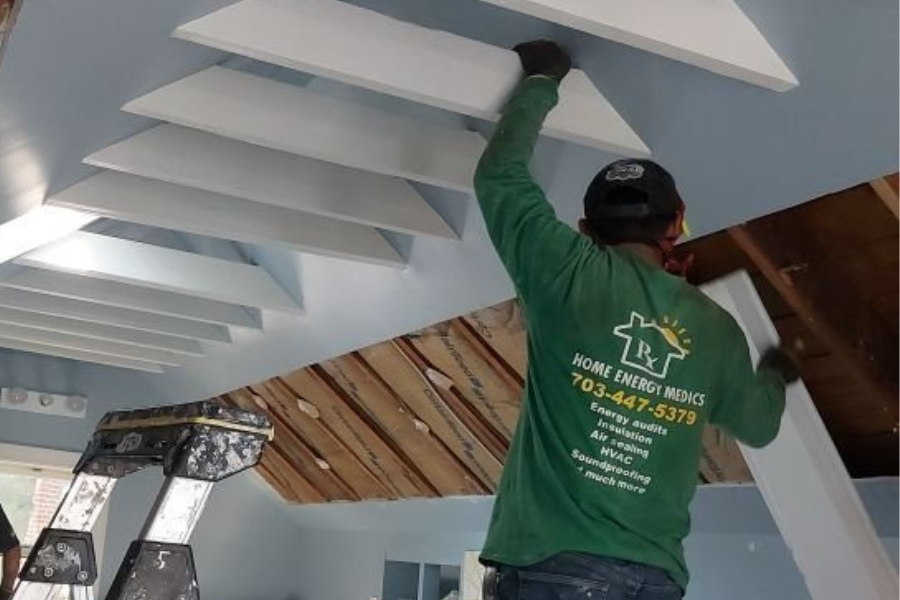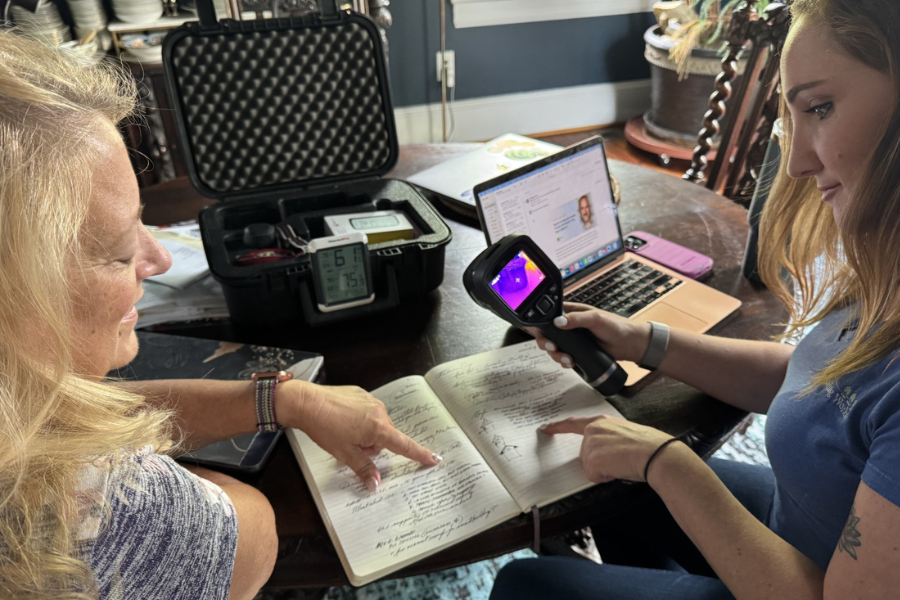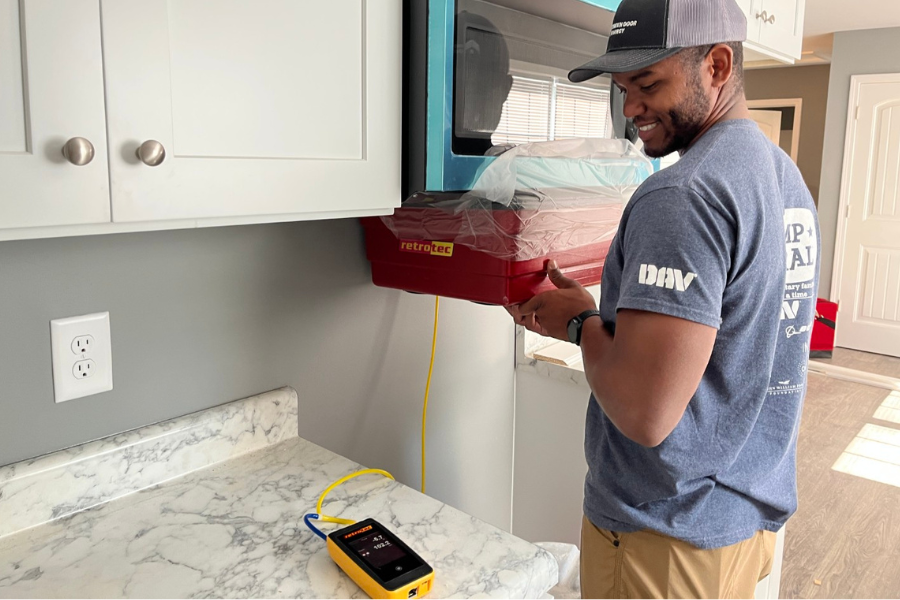May 29, 2025
Case Study: Best Practices for Residential Energy Efficiency Businesses in Project Identification
This case study explores best practices employed by Symbi Homes and Comfort Kings in identifying residential energy efficiency projects.
By:
Small and medium-sized residential energy efficiency businesses play a crucial role in promoting sustainable energy use. This case study aims to identify and synthesize best practices that encourage and foster sustainable business models with a specific focus on project identification.
For this project, the Building Performance Association (BPA) collaborated with small and medium-sized businesses across several states, including Maryland, Pennsylvania, Arizona, North Carolina, California, Virginia, Massachusetts, Alabama, Colorado, and Florida. The discussions focused on the challenges and solutions related to residential energy efficiency project identification processes.
BPA staff selected two businesses to highlight in this first case study: Symbi Homes and Comfort Kings, both serving the Maryland and Virginia areas. This case study explores best practices employed by both companies in identifying residential energy efficiency projects.
Symbi Homes, launched in 2018, is a sustainable developer focused on reinventing residential construction with an emphasis on wellness, efficiency, and technology. Operating in the Metro DC region, Symbi Homes builds new homes and performs deep energy retrofits.
Comfort Kings, with over 20 years of experience, specializes in residential and light commercial deep energy retrofit projects, including heating/cooling upgrades, solar system installation, and envelope improvements. Based in Chesapeake Beach, Maryland, Comfort Kings is dedicated to enhancing indoor air quality and comfort while maximizing energy efficiency, conserving resources, and optimizing equipment performance through comprehensive building upgrades.
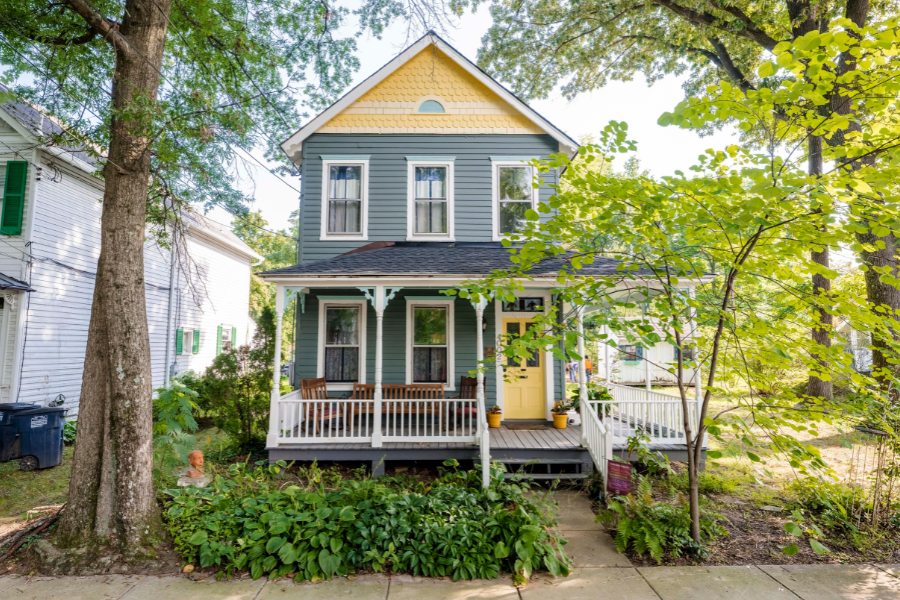
Symbi Homes
Client Acquisition
Symbi Homes primarily acquires clients through word-of-mouth referrals and listings as an approved third-party infiltration tester on the DC Department of Buildings website. Additionally, the business maintains an active presence on Instagram, which helps attract potential clients. The business noted that while social media does not directly lead to new clients, it validates their brand and provides a strong online presence, particularly among younger generations and followers on the West Coast.
Energy Audits
The company uses Retrotec equipment, Building Performance Institute (BPI) standards, and Snugg Pro to conduct energy audits. Many auditors in the community become affiliated with the electric company as “Pepco Approved Energy Auditors,” which provides additional visibility through Pepco’s website. The business emphasized the importance of ensuring the accuracy and reliability of energy audits, often comparing notes with other auditors to create a comprehensive understanding of a home’s issues.
Successful Project Identification
Symbi Homes has found success by pairing efficiency information with superior quality standards and utility cost savings. The business shared a specific example of a retrofitted 1890 Victorian home that resulted in significant utility cost savings, demonstrating the effectiveness of their approach.
Business Models and Financing
While Symbi Homes does not provide direct financing for projects, they are actively seeking bank financing for future development projects.
Appraisers often face difficulty quantifying the premium for sustainably built homes. To address this common challenge, Symbi Homes presents sales data as evidence of the value of their projects. The business expressed the desire to develop a financing product with the Montgomery County Green Bank and the DC Green Bank to scale their single-family model.
Challenges and Solutions

Homeowner Engagement
Symbi Homes engages homeowners by creating informative videos on social media that discuss the benefits of building more efficient, resilient, and healthier homes. This strategy helps in educating and attracting potential clients. The business highlighted the importance of creating substantive content, often with accompanying videos or articles.
Technology Integration
The company incorporates technologies that encourage or facilitate energy conservation practices, such as WiFi-enabled lighting and the Brilliant Smart Home system, which bundles various smart devices in the home, including lights, speakers, security, and doorbell systems. The business emphasized the importance of staying up to date with technology and adapting to new innovations in the construction industry.
Stakeholder Involvement
Symbi Homes frequently hosts public events at their job sites to involve stakeholders and gather feedback. They maintain long-term connections with homeowners to collect data on performance and overall satisfaction, ensuring continuous improvement in their projects.
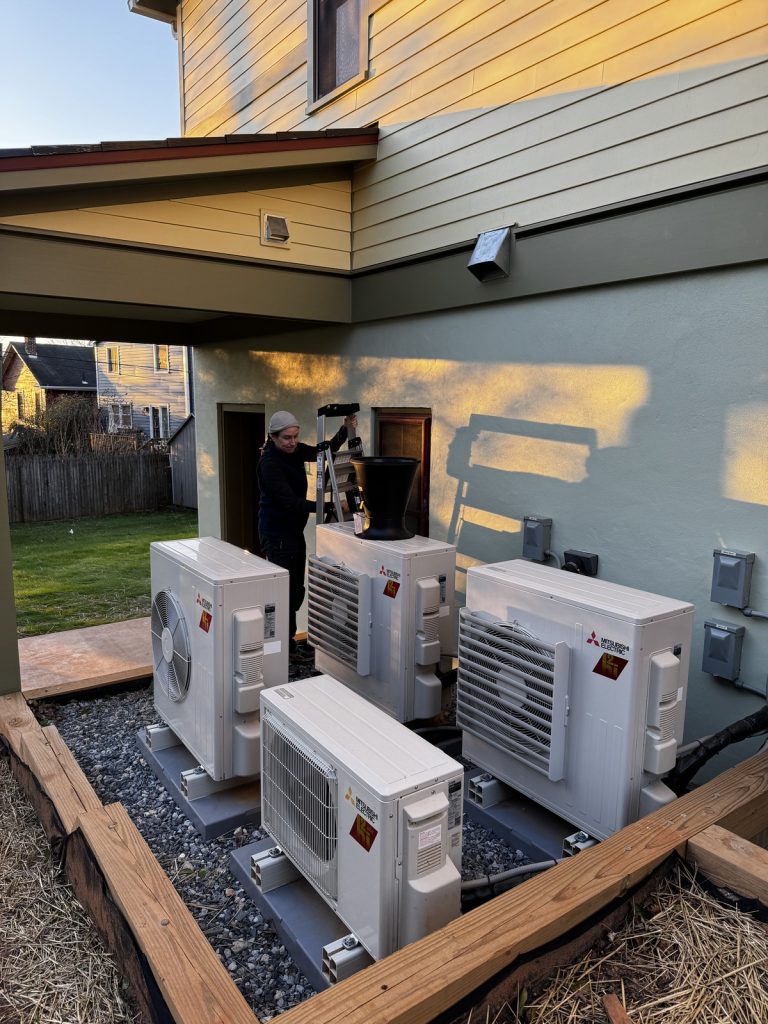
Trends and Adaptation
Current Trends:
- Heat pumps are gaining market share
- Increasing recognition of the need for a whole-house approach to energy management
Adaptation Strategies:
- Using each project as a “learning lab” to educate consumers and professionals on advanced building techniques
- Staying informed about the latest trends and integrating new technologies into projects
Policy Impact
Government policies play a significant role in shaping the pathway to housing development, decarbonization incentives, and affordability. Symbi Homes navigates these complexities by staying updated on policy changes and advocating for policies that support sustainable development. The business is actively involved in advocacy work, particularly in rezoning efforts to allow two-family homes on single-family lots.
Comfort Kings
Client Acquisition
Comfort Kings acquires clients through several channels, including utility program referrals, their website, and social media platforms. Their reputation for honesty, integrity, and quality service has been a cornerstone of their client acquisition strategy.
Energy Audits

Comfort Kings follows BPI standards for home performance professionals. They use advanced tools and techniques, including blower door testing and duct blaster testing, and modeling software to ensure accurate and reliable results. Their staff holds various certifications, such as Resnet HERS Rater, BPI Total Building Performance Certificate, Quality Control Inspector, and Energy Auditor. A member of their staff also participated as the chair of the committee that designed the BPI Home Electrification guidelines.
Successful Project Identification
Comfort Kings has successfully identified and implemented numerous energy efficiency projects by focusing on whole-house energy efficiency and combustion safety. Their approach includes individualized attention to each customer and a commitment to high-quality service. They start with an energy audit to identify customer concerns and then prioritize the scope to meet the customer’s goals within their budget.
Business Models and Financing
Comfort Kings offers various financing options and rebate programs to make energy efficiency projects accessible to homeowners. They work closely with utility companies and financial institutions to provide affordable solutions for their clients. Performance-based rebates tie payments to verified energy savings, reducing risk for clients.
Challenges and Solutions

Homeowner Engagement
Comfort Kings engages homeowners through personalized service and education. They provide detailed explanations of energy audit results and recommendations, helping homeowners understand the benefits of energy efficiency improvements. They also use social media campaigns, utility rebate co-branding, and attend community meetings to engage with potential clients.
Technology Integration
Comfort Kings integrates high-efficiency heating, cooling, and solar systems into their projects. They stay updated with the latest technologies and continuously evaluate their effectiveness to provide the best solutions for their clients. However, they acknowledge the need to improve their processes for staying updated with the latest energy-efficient technologies and solutions.
Stakeholder Involvement
Comfort Kings involves stakeholders by maintaining open communication and providing regular updates on project progress. They prioritize customer satisfaction and work closely with homeowners to ensure their needs are met. They have an internal process for follow-up to ensure customer satisfaction and conduct post-inspections to verify installed measures.
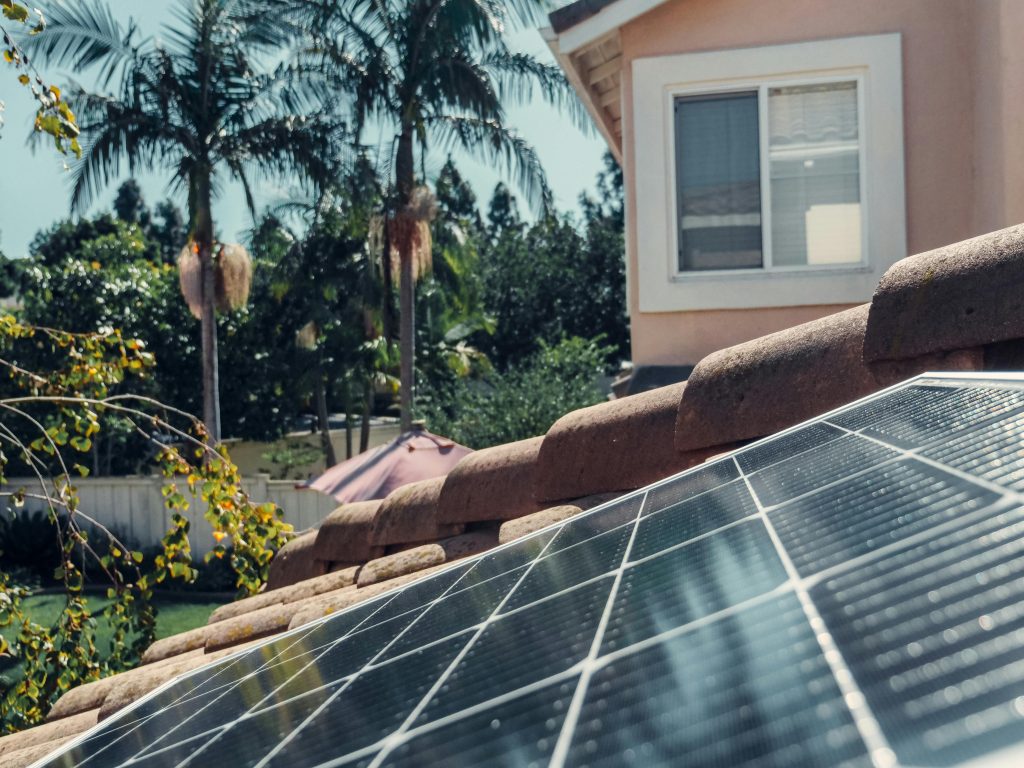
Trends and Adaptation
Current Trends:
- Higher energy costs and access to rebates and incentives are driving the market
- Increasing demand for high-efficiency HVAC systems and solar energy solutions
Adaptation Strategies:
- Slow and steady growth, continuously updating their product offerings to include the latest high-efficiency systems
- Expanding their services to include comprehensive solar energy solutions
Policy Impact
Comfort Kings stays informed about relevant policies and regulations that impact their business. They advocate for policies that support energy efficiency and sustainable practices, ensuring they can continue to provide valuable services to their clients.
Conclusion
Symbi Homes and Comfort Kings demonstrate how innovative thinking, customer-centric strategies, and a commitment to continuous learning can drive success in the residential energy efficiency sector. By navigating financial, technological, and policy-related challenges with creativity and resilience, these businesses offer a blueprint for others looking to build more sustainable, high-performing operations in an evolving industry landscape.


